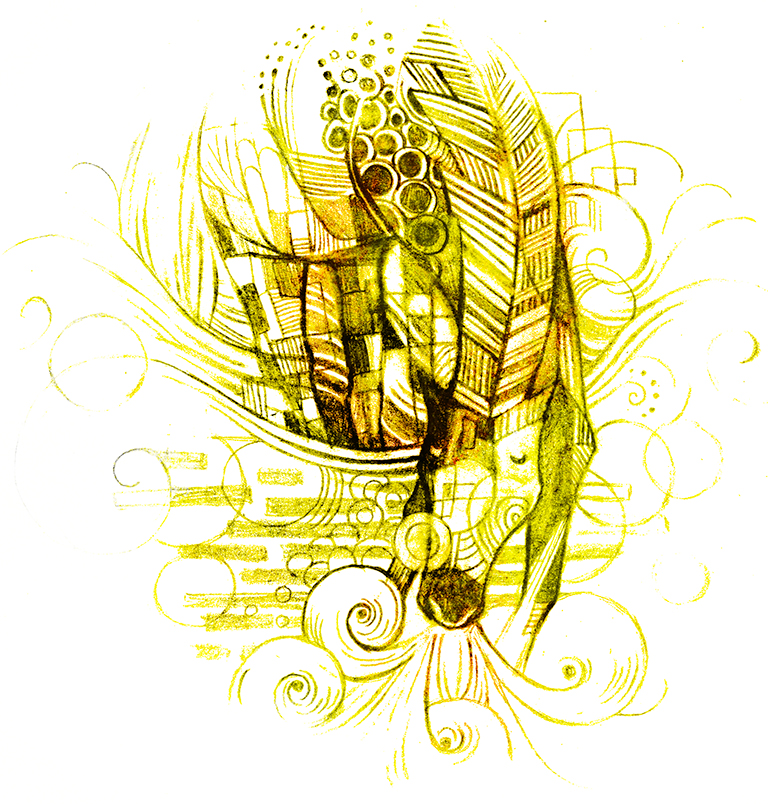IX The New Attorney

We have a new attorney, Dr. Bucephalus. There is little about his external appearance to remind one of the time when he was still Alexander of Macedon’s charger. But anyone familiar with such matters can still notice something. Did I not just lately see even a quite simple court attendant stare at the lawyer with the professional eye of a modest racetrack follower as the latter, lifting his legs high, mounted the outside stairs step by step, with a tread that made the marble ring?
The bar has in general approved of Bucephalus’ admission. They tell themselves, with amazing insight, that Bucephalus’ position under our present social system is a difficult one and that he therefore—and also because of his world-historical significance—deserves to be met halfway. Today, as no one can deny, there is no Alexander the Great. Many, of course, still know how to murder; nor is there any lack of skill at stabbing your friend over the banquet table with a lance; and for many Macedonia is too narrow, so that they curse Philip, the father—but no one, no one can lead us to India. Even in those days India’s gates were unattainable, but their direction was designated by the royal sword. Today the gates have been shifted elsewhere and higher and farther away; nobody points out their direction; many hold swords, but only to flourish them, and the glance that tries to follow them becomes confused.
Therefore it may really be best, perhaps, to do as Bucephalus has done and bury oneself in the law books. Free, his flanks unpressed by the thighs of a rider, under a quiet lamp, far from the din of Alexander’s battles, he reads and turns the pages of our old books.